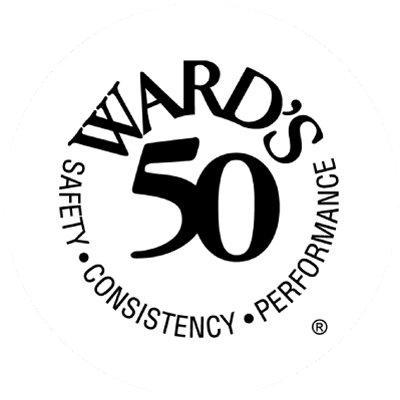Many people may be tempted to put on their own fireworks shows for holidays like the Fourth of July, but fireworks are inherently dangerous. Make sure you understand the risks and consider alternatives:
- Even sparklers, which may seem child-safe, burn as hot as 1,200 degrees Fahrenheit and can cause third-degree burns1.
- National Fire Protection Association research shows that fireworks started an estimated 19,500 fires, caused five deaths and 46 civilian injuries, and cost $105 million in direct property damage in 2018.2
Leave fireworks to the professionals, or forgo the celebration this summer. Do your part to keep yourself and your family safe this summer by remembering these facts:
- Children should never be allowed to play with fireworks3, including firecrackers, bottle rockets, and sparklers.4
- Never try to make your own fireworks.
- Fireworks can cause burns and eye injuries in kids and adults.5
- Steer clear of others setting off fireworks. They can backfire or shoot off in the wrong direction.
- Think about your pet. Animals have sensitive ears and can be very frightened or stressed by the Fourth of July and other big celebrations.
- There’s also the impact on the environment. A recent NOAA (National Oceanic and Atmospheric Administration) study6 showed that the fine particulate matters reach their highest level on the evening of July 4th, with particulate pollution 42% greater than the former and following days. Most of the fireworks used for public displays contain chemicals such as potassium perchlorate and cerium nitrate which are terrible for the environment and cause health problems to the heart, lungs and the respiratory systems.
- Exposure to fine particles, like those found in smoke and haze, is linked to coughing, wheezing, shortness of breath, asthma attacks and even heart attacks, according to the EPA. The greatest risk is to people with heart or lung disease, older adults and children.7
Since fireworks ARE dangerous and shouldn’t be used at home, what can you do to celebrate the Fourth of July and other events during the summer with the fun and festivity you’re used to doing?
- There are fun alternatives for you and your children to stay safe and have fun:
- Look for glow sticks8, create your own glow-in-the-dark bubbles, make LED balloons, use “silly string”9 and search online for more fun and safe crafts to make or buy.10
Sources:
- National Fire Protection Association, https://community.nfpa.org/community/nfpa-today/blog/2020/06/10/with-public-displays-cancelled-video-urges-people-to-avoid-consumer-fireworks-and-burden-on-front-line-workers
- National Fire Protection Association, https://community.nfpa.org/community/nfpa-today/blog/2020/06/10/with-public-displays-cancelled-video-urges-people-to-avoid-consumer-fireworks-and-burden-on-front-line-workers
- Kids Health, https://kidshealth.org/en/parents/fireworks.html
- Intermountain HealthCare, https://intermountainhealthcare.org/blogs/topics/live-well/2015/06/3-most-dangerous-home-fireworks/
- Kids Health, https://kidshealth.org/en/parents/fireworks.html
- Earth Day information, https://www.earthday.org/eco-friendly-ways-to-celebrate-fourth-of-july-fireworks/
- TerraPass, https://www.terrapass.com/fireworks-impact-environment
- 14 Safe Alternatives to Fireworks, https://www.buzzfeed.com/jessicaprobus/14-safe-alternatives-to-fireworks
- 14 Safe Alternatives to Fireworks, https://www.buzzfeed.com/jessicaprobus/14-safe-alternatives-to-fireworks
- 7 Safe but Spectacular Firework Alternatives, https://www.sweetyhigh.com/read/fourth-of-july-firework-alternatives-062716



